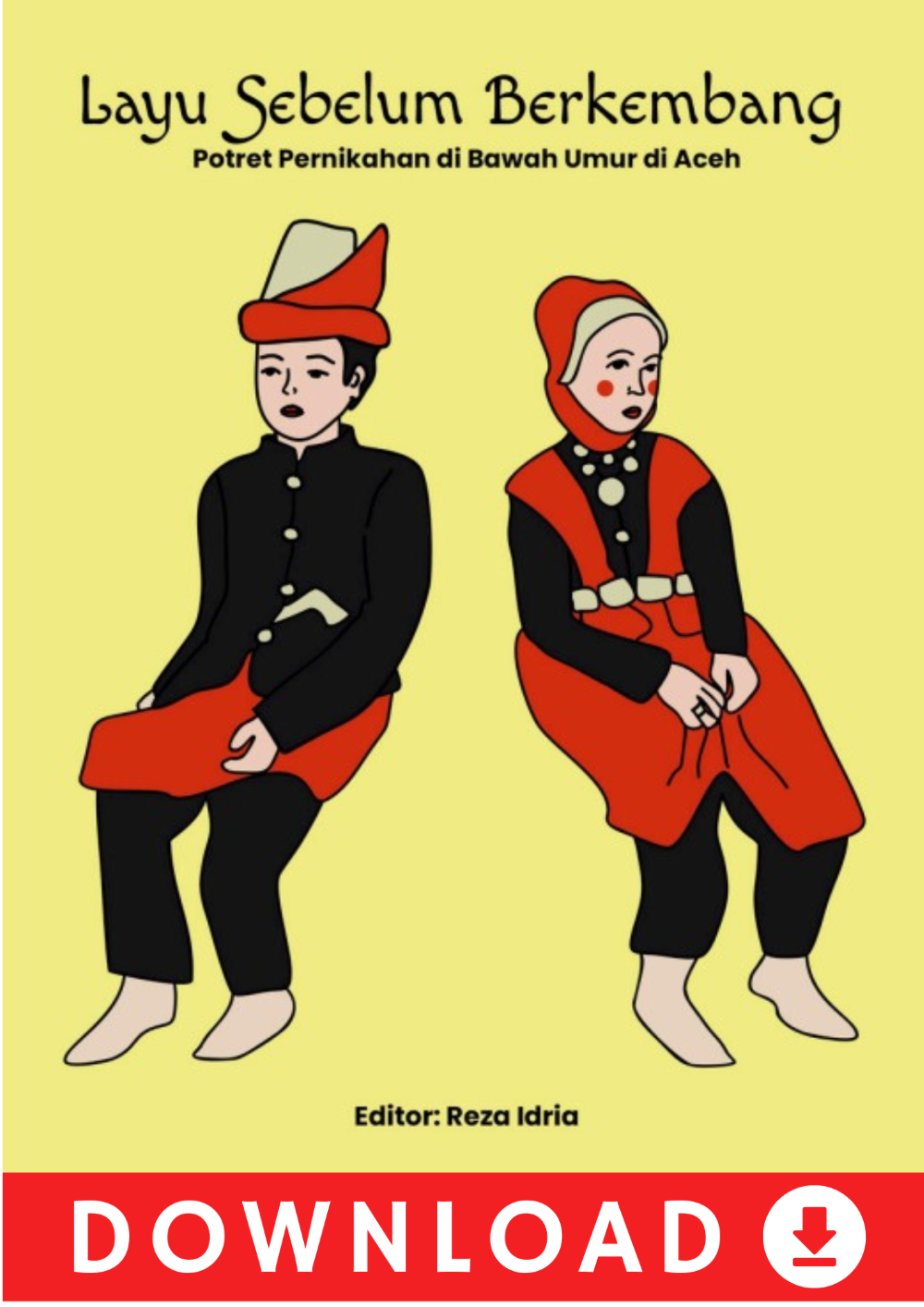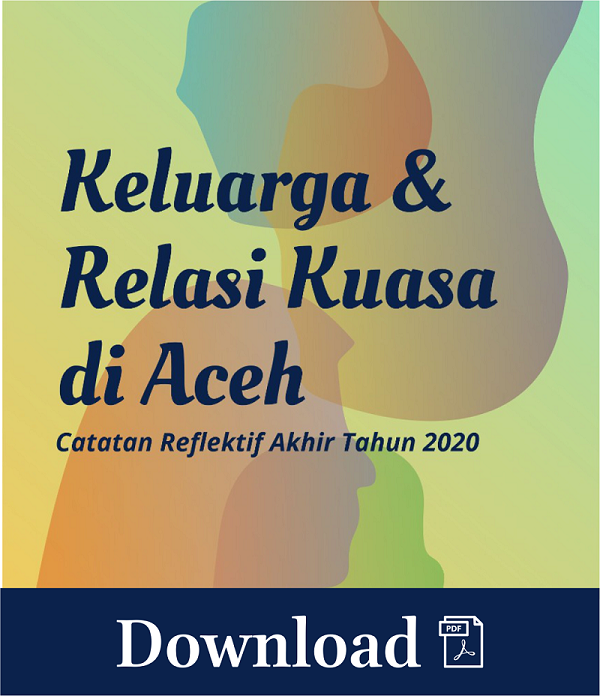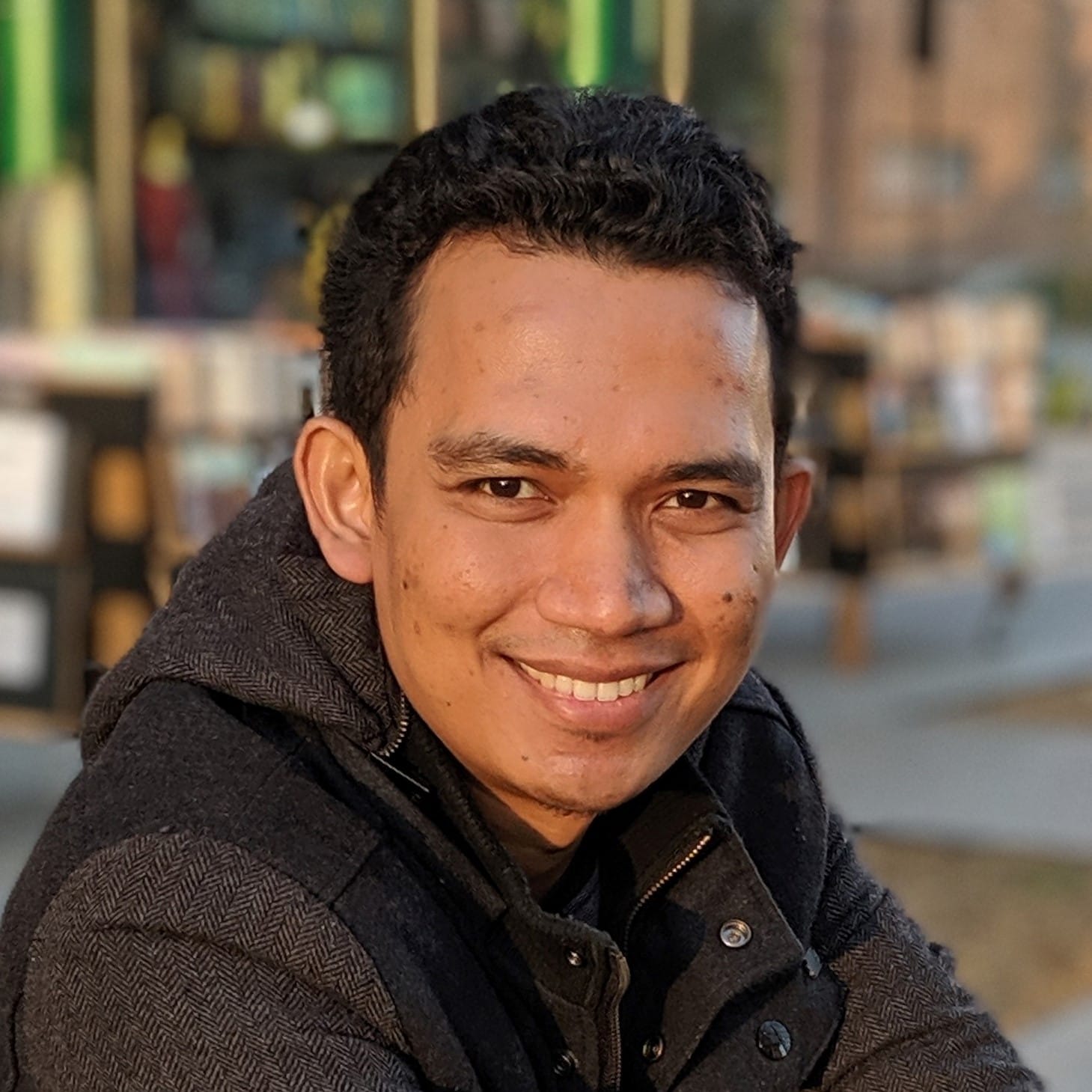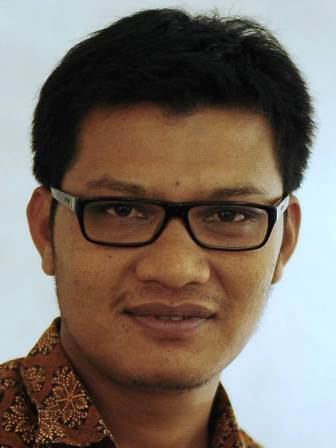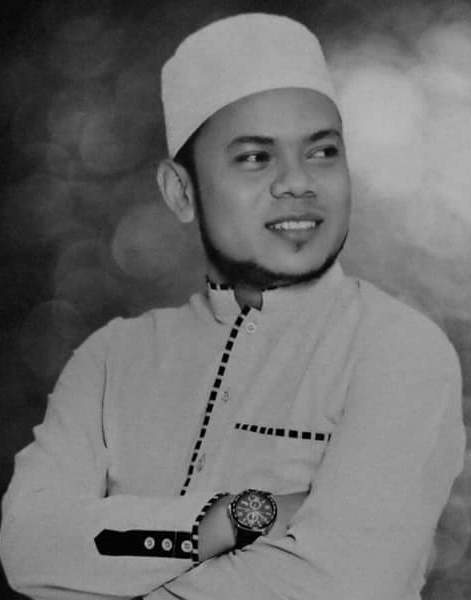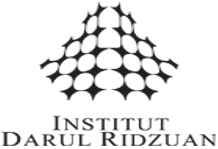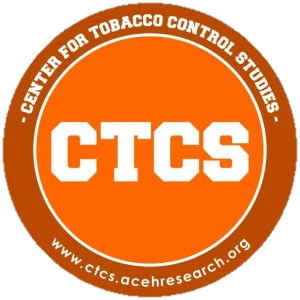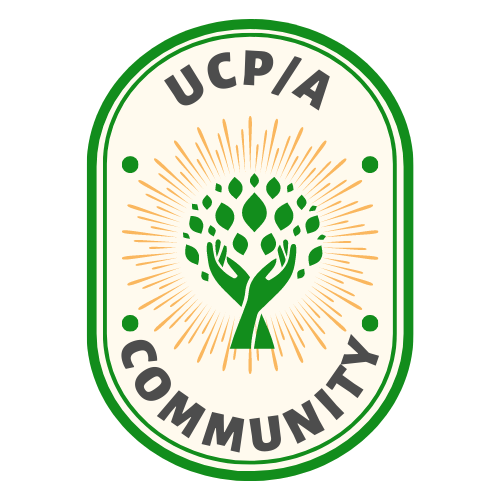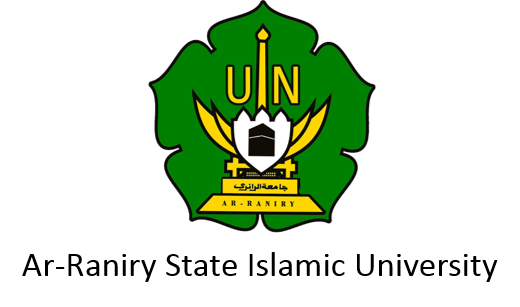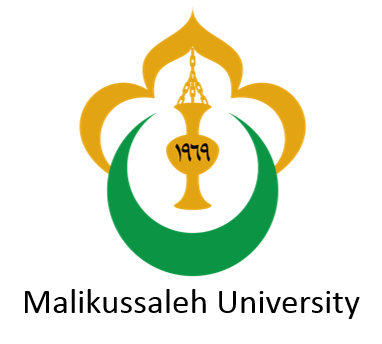
Public Discussion Series
Future Teachers as Peace builders
in Banda Aceh, Indonesia
in Banda Aceh, Indonesia
Speaker:
Faryaal Zaman
MSc Candidate at University of Amsterdam in International Developement Studies
Senin, 22 Agustus 2016 | 16.30 - 18.00 WIB | Ruang Seminar ICAIOS
About PDS :
The current state of peace in Aceh is celebrated as a case of successful implementation of humanitarian, developement and security aid in a post-conflict environment (Lopes Cardozo and Shah, 2014), even though it is clear that the full implications of the civil war have still not been addressed. Aceh is further worthy of study because of its "perceived break" ((Lopes Cardozo and Shah, forthcoming), 2) from cultural and political conflicts in the past, in an effort to remake itself after a violent and tragic history. Therefore, this research hopes to make a small constribution towards understanding the contextual nuances and logistics which shape notions of peacebuilding in Islamic, post-conflict settings.
Teachers can be seen as stategic political actors that directly contribute to and influence the perceptions of future generations about different groups of people (Lopes Cardozo, 2011). This makes future teachers crucial components within the notion of peacebuilding education, due to the fact that in post-conflict situations teachers can be critical agents of transformations (Vongalis-Macrow, 2006). There is little insight on how Acehnese future teachers are formally trained to deliver an education that is complimentary to sustained peace in the context of post-conflict, post-disaster and strong Islamic conservatism. Therefore, this research will hope to make a small contribution to wider debates about the societal and political roles of teacher training institutes in post-conflict contexts.
The current state of peace in Aceh is celebrated as a case of successful implementation of humanitarian, developement and security aid in a post-conflict environment (Lopes Cardozo and Shah, 2014), even though it is clear that the full implications of the civil war have still not been addressed. Aceh is further worthy of study because of its "perceived break" ((Lopes Cardozo and Shah, forthcoming), 2) from cultural and political conflicts in the past, in an effort to remake itself after a violent and tragic history. Therefore, this research hopes to make a small constribution towards understanding the contextual nuances and logistics which shape notions of peacebuilding in Islamic, post-conflict settings.
Teachers can be seen as stategic political actors that directly contribute to and influence the perceptions of future generations about different groups of people (Lopes Cardozo, 2011). This makes future teachers crucial components within the notion of peacebuilding education, due to the fact that in post-conflict situations teachers can be critical agents of transformations (Vongalis-Macrow, 2006). There is little insight on how Acehnese future teachers are formally trained to deliver an education that is complimentary to sustained peace in the context of post-conflict, post-disaster and strong Islamic conservatism. Therefore, this research will hope to make a small contribution to wider debates about the societal and political roles of teacher training institutes in post-conflict contexts.


